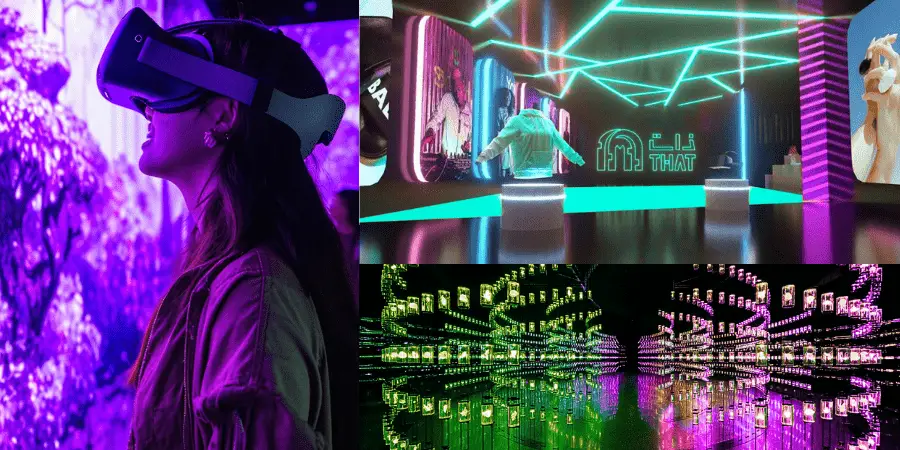Dubai, a city synonymous with towering ambition and unparalleled luxury, has been at the forefront of integrating artificial intelligence into its urban landscape long before the term became part of everyday conversations.
The city’s dedication to technological innovation is evident in its skyline of glitzy high-rises and its seamless blend of modernity and opulence.
From courteous robots to generative AI art, Dubai’s futuristic landscape offers a transformative holiday experience like no other.
The city’s journey into AI began in earnest in 2016 with a collaborative project between the government and IBM, and it hasn’t slowed down since.
Dubai AI Tourism is not just a global hub for tourism but also a leader in AI innovation, promising a future where technology enhances every aspect of life for both residents and visitors.
Dubai AI Tourism
Dubai’s journey into the world of artificial intelligence began with strategic government initiatives aimed at integrating AI into various facets of daily life.
In 2016, the Dubai government, in collaboration with IBM, launched an AI-based service designed to assist the business community with up-to-date information on business licensing and registration processes. This early step marked the beginning of Dubai’s ambitious AI agenda.
In October 2017, the UAE took a significant leap by establishing the world’s first Ministry of Artificial Intelligence.
This bold move underscored the country’s commitment to embedding AI within its governmental policies and everyday operations.
Omar bin Sultan Al Olama, the UAE’s Minister for Artificial Intelligence, Digital Economy, and Remote Work Applications, emphasized the nation’s vision: “The country is investing billions in technological innovation and plans to become a world leader in AI development by the late 2020s.”
Dubai’s AI strategy is not merely about adopting new technologies but also about enhancing the experiences of its residents and tourists.
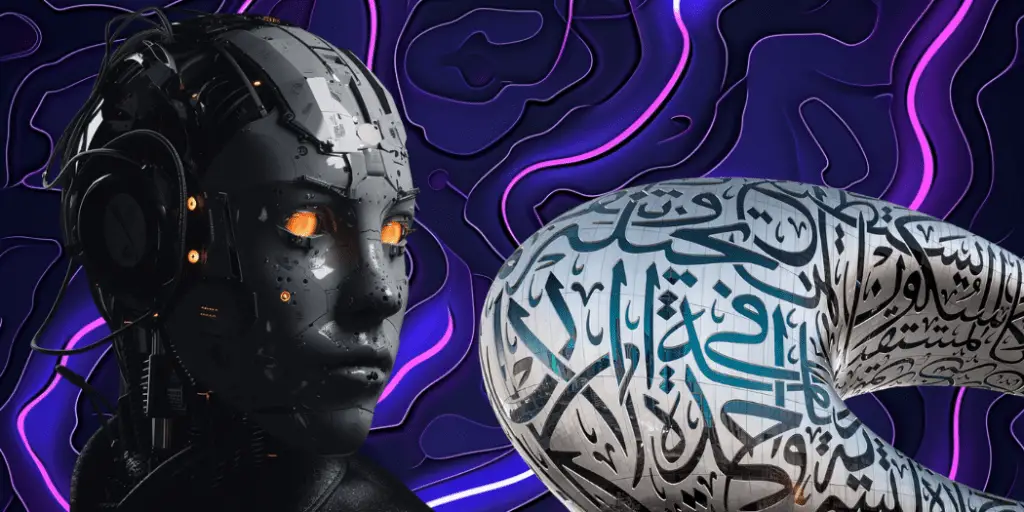
The city has created a data-fueled playground featuring next-gen leisure and infotainment options, from smart pedestrian crossing systems and drone deliveries to virtual reality parks and an AI-powered digital city concierge known as Dubai AI.
These advancements reflect Dubai’s overarching goal to position itself as a global leader in AI, fostering an environment where technology and innovation thrive.
As Omar bin Sultan Al Olama aptly puts it, “The key to our strategy is creating AI services that enhance the experience of residents and tourists in the UAE’s futuristic cities, led by Dubai.”
This vision is driving Dubai’s transformation into a city where artificial intelligence seamlessly integrates with urban life, setting a benchmark for future smart cities worldwide.
AI in Daily Life
Dubai’s integration of AI into everyday life is a testament to its commitment to becoming a city of the future. The city’s landscape is dotted with innovative AI technologies designed to enhance the experiences of both residents and tourists.
One of the most visible examples of AI in daily life is the smart pedestrian crossing systems. These crossings utilize AI to ensure pedestrian safety by adjusting traffic signals based on real-time foot traffic.
This not only improves safety but also enhances traffic flow, making daily commutes smoother for everyone.
Drone deliveries have also become a common sight in Dubai. Leveraging AI, these drones can navigate the city efficiently, delivering packages swiftly and accurately.
This technology has revolutionized logistics and delivery services, providing a glimpse into the future of urban living.
Virtual reality parks are another exciting innovation. These parks offer immersive experiences that blend physical and digital worlds, providing entertainment that is both engaging and futuristic.
Visitors can explore virtual landscapes, participate in interactive games, and experience scenarios that would be impossible in the real world. Dubai AI, the city’s AI-powered digital concierge, represents a significant leap in service delivery.
This virtual assistant provides residents and visitors with information and assistance on a wide range of topics, from tourist attractions and public services to dining recommendations and event schedules.
Its ability to understand and respond to queries in real-time makes navigating the city a seamless experience.
These examples highlight how AI is woven into the fabric of daily life in Dubai. The city’s focus on harnessing AI for practical applications ensures that technology serves to improve the quality of life for its inhabitants and guests.
By integrating AI into various aspects of urban living, Dubai is setting a new standard for smart cities around the world.
AI in Retail
Dubai’s retail sector is at the forefront of AI innovation, transforming shopping experiences and setting new standards for customer service and convenience.
Leading this revolution is Majid Al Futtaim (MAF), a key player in the UAE’s retail landscape, which has introduced several AI-driven initiatives to enhance both online and offline shopping.
At the heart of this transformation is Carrefour City+, the region’s first AI-powered, checkout-free store located in the Mall of the Emirates.
Here, 97 in-store cameras work in tandem to identify and track customers based on their body structure—eliminating the need for invasive facial recognition or biometric data collection.
Shoppers can walk in, pick up items, and leave without queuing at a checkout. Their purchases are automatically added to a virtual basket via an app, streamlining the entire shopping process and making it remarkably efficient and hassle-free.
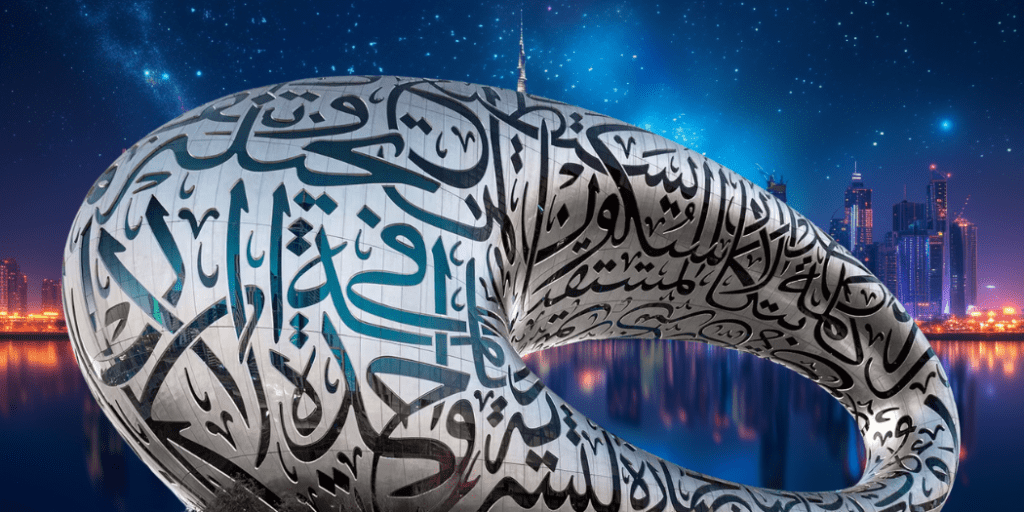
MAF has ventured into the virtual realm with the launch of Dubai’s first virtual retail and entertainment destination, Mall of the Metaverse. Still in its development phase, this innovative platform currently hosts brands like Carrefour, VOX Cinemas, THAT Concept Store, Ghawali Fragrances, and Samsung Store.
Customers can explore and shop in a virtual environment, represented by avatars. This not only enhances the convenience of online shopping but also offers an immersive experience that blends retail with entertainment, driven by behavioural science data.
Beyond these futuristic retail spaces, MAF has deployed a fleet of Tally Robots in its supermarkets to assist with stock management.
These robots ensure shelves are always well-stocked and help maintain inventory accuracy, improving the overall efficiency of store operations and providing customers with what they need when they need it.
These advancements in AI-driven retail demonstrate Dubai’s commitment to leveraging cutting-edge technology to enhance customer experiences.
By integrating AI into various facets of the retail journey—from in-store shopping to virtual experiences—Dubai is setting a new benchmark for the future of retail, offering a glimpse into how technology can seamlessly blend with commerce to create smarter, more efficient, and highly personalized shopping experiences.
AI in Cultural Experiences
Dubai’s cultural scene is embracing artificial intelligence to create immersive and engaging experiences that redefine how visitors interact with art, history, and technology.
The city’s museums, libraries, and cultural centres are integrating AI to offer unique, futuristic encounters that enhance traditional ways of learning and exploration.
A prime example of AI in cultural experiences is the Museum of the Future. Located in Dubai’s financial district, this iconic doughnut-shaped building has become a must-visit destination.
Inside, visitors are greeted by Aya, a luminous digital technologist avatar who guides them through seven floors of exhibits, envisioning life in 2071.
These exhibits include simulations of spacecraft, a replica of the Amazon rainforest, and the Future Heroes play area for children.
A highlight is Ameca, a humanoid robot stationed outside the ‘Tomorrow Today’ exhibit. Ameca mimics human expressions, smiles, and even compliments visitors, creating a captivating and slightly eerie interaction.
The museum’s creative director, Brendon McGetrick, emphasizes moving beyond immersive experiences to “expansive experiences” that change how audiences perceive the world.
The Vault of Life exhibit, designed by Superflux Studio, exemplifies this vision. It features 2,400 suspended crystal specimen jars cataloguing our planet’s natural diversity, creating a dazzling and thought-provoking display.
The Mohammed bin Rashid Library (MBRL) in Al Jaddaf locality at Dubai Creek is another cultural institution embracing AI. The library features advanced AI-powered facilities, including a virtual book tour and smart shelves.
A standout attraction is Pepper, a robot designed to interact with visitors, especially children. The library’s automated storage system commands robots to search for books, retrieve them, and deliver them to customers via a monorail system, ensuring a seamless and efficient library experience.
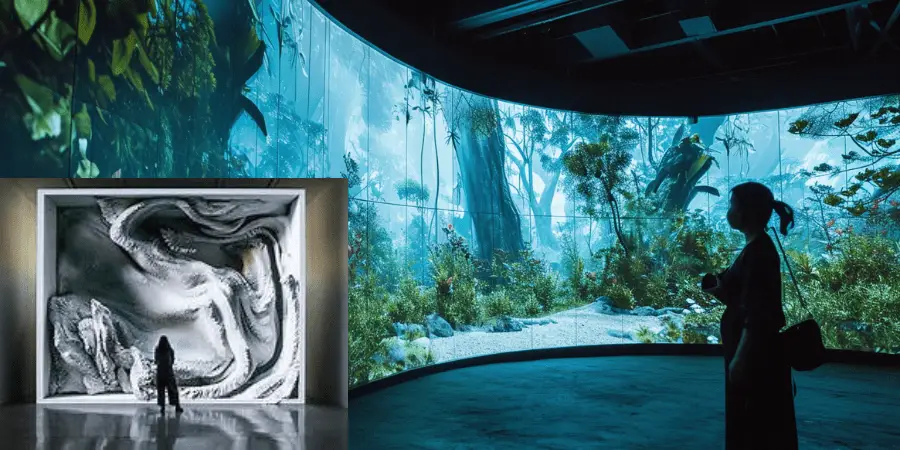
Dubai’s art scene is also experiencing an AI revolution. In the historic Al Fahidi district, vibrant art installations blend traditional and modern elements.
At the Indigo Hotel near Dubai Design District, visitors can admire Refik Anadol’s “Wind of Dubai,” an installation that visualizes a year’s worth of data on the city’s wind patterns.
Anadol’s work represents a fusion of data and art, creating a mesmerizing visual experience.
Art Dubai, the city’s premier art fair, has embraced digital platforms and supports artists using new technological tools. Local galleries, like Galloire at City Walk Mall, showcase generative art that uses AI to create unique pieces.
Benedetta Ghione, executive director of Art Dubai, notes that the market for AI-powered generative art is growing rapidly, driven by Dubai’s status as a global hub for crypto, digital entrepreneurs, and artists.
AI in Art
Dubai’s vibrant art scene is undergoing a remarkable transformation driven by the integration of artificial intelligence.
The city is becoming a hub for AI-powered art, attracting digital entrepreneurs, artists, and enthusiasts from around the world.
This fusion of technology and creativity is redefining the boundaries of artistic expression and establishing Dubai as a leader in the global art community.
One of the most captivating examples of AI in art is Refik Anadol’s installation “Wind of Dubai,” located at the contemporary Indigo Hotel near Dubai Design District.
This piece represents the UAE debut of the Turkish-American new media artist. It showcases his ability to merge data with artistic creativity.
The installation uses a year’s worth of data on Dubai’s wind speed, direction, gust patterns, and temperature, captured by an algorithm and embedded into the canvas.
The result is a dynamic visual representation of the city’s natural elements, offering viewers a unique and thought-provoking experience.
Art Dubai, the city’s premier art fair, has taken significant steps to incorporate AI into its offerings. With the launch of a dedicated digital platform, Art Dubai encourages artists to explore new technological tools and mediums.
This initiative supports the creation of cutting-edge art that utilizes AI, fostering an environment where innovation thrives.
Benedetta Ghione, executive director of Art Dubai, highlights the rapid growth of the market for AI-powered generative art in Dubai, attributing it to the city’s role as a global hub for crypto and digital entrepreneurship.
Generative art, which uses algorithms and AI to create unique pieces, is gaining popularity in Dubai. Local galleries like Galloire at City Walk Mall are at the forefront of this movement, showcasing artworks that blend traditional techniques with advanced technology.
These pieces often reflect the artists’ ability to harness AI to produce intricate and mesmerizing patterns, demonstrating the limitless possibilities of AI in art.
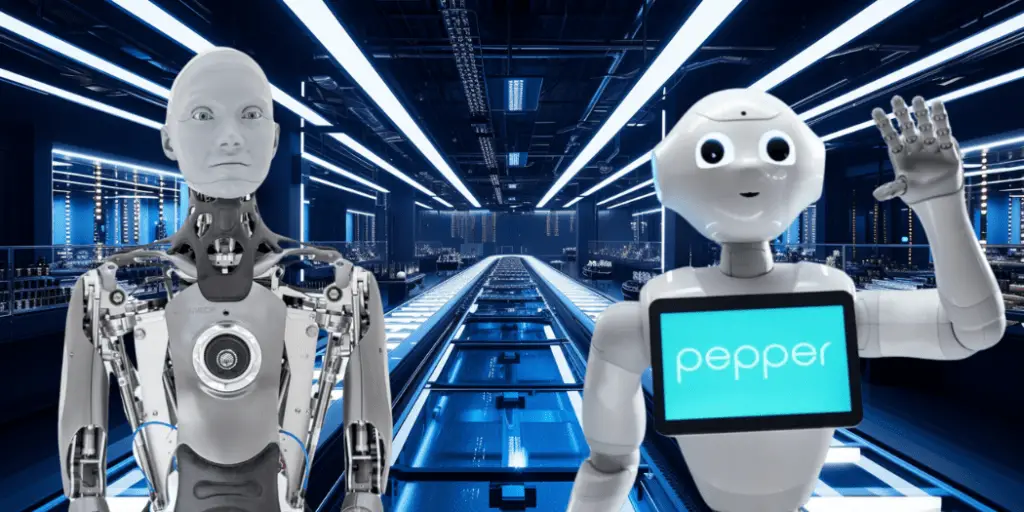
Dubai’s art institutions are continually exploring the potential of AI to create immersive and interactive exhibitions. The city’s commitment to pushing artistic boundaries is evident in its support for projects that challenge conventional notions of art and technology.
This forward-thinking approach is attracting a new generation of artists and art lovers who are eager to experience the intersection of creativity and artificial intelligence.
Dubai is redefining the concept of a vacation with its pioneering integration of artificial intelligence.
From smart pedestrian crossings and drone deliveries to AI-powered retail experiences and cultural institutions, the city offers a glimpse into the future of urban living.
Whether exploring the Museum of the Future, shopping at Carrefour City+, or admiring generative art at local galleries, visitors will find that AI enhances every aspect of their stay. Dubai’s commitment to technological innovation makes it a transformative and unparalleled holiday destination.


